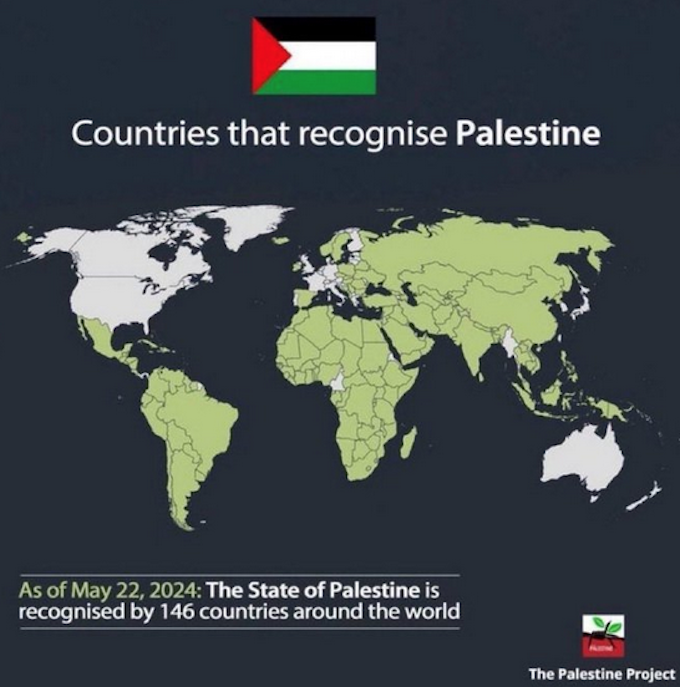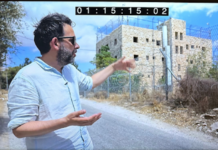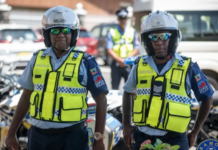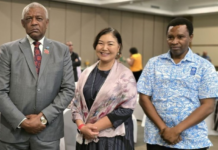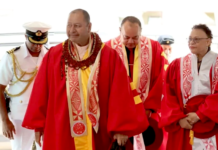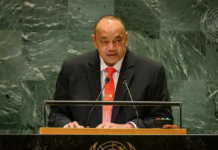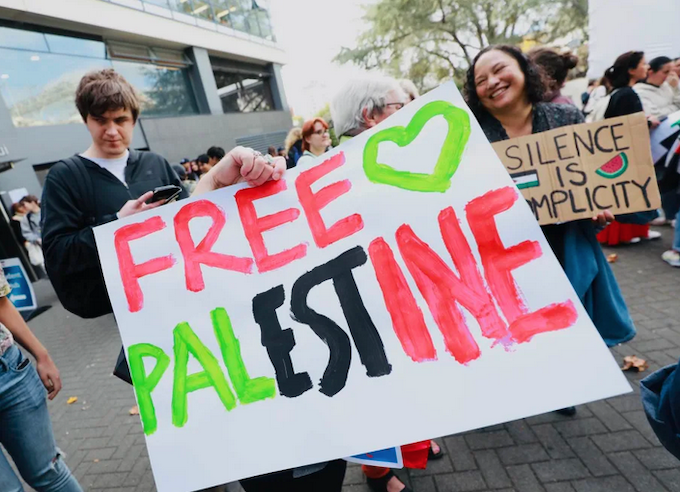
By Luka Forman, RNZ journalist
A new poll shows a significant number of New Zealanders support recognising Palestine as a state and applying sanctions against Israel.
Commissioned by advocacy group Justice for Palestine and conducted by Talbot-Mills, the poll found support for recognising Palestinian statehood and sanctions for Israel was higher among young people.
It also showed many people were not sure where they stood.
- READ MORE: Israel war on Gaza live: More than 11,000 students killed in Gaza, West Bank
- Call for UN sanctions on Israel to implement ICJ ruling on illegality of Palestine occupation
While Israel’s embassy questioned the neutrality of the poll, the Minister of Foreign Affairs said it was a matter of “when, not if” for Palestinian statehood — but the main priority for now was a ceasefire.
The poll found 40 percent of the 1116 people surveyed supported recognising Palestine as a state, while 19 percent did not.
Forty-two percent of the respondents supported sanctioning Israel, while 29 percent did not.
Laura Agel, a Palestinian-British woman and a member of Justice for Palestine — the group which commissioned the poll — said it sent a clear message to the government.
“I think that the government needs to respond to the needs of its citizens, and the wants of its citizens and sanction Israel fully. I think we can see that other countries, whether small or big have taken strong action against Israel,” she said.
Many respondents without opinion
Although the poll showed strong support for Palestine, many respondents did not give an opinion either way.
Forty-one percent were not sure whether New Zealand should recognise Palestine as a state, and 30 percent were not sure whether the government should sanction Israel.
Agel put this down to the issues New Zealanders were facing in their day-to-day lives, and a lack of knowledge.
“Issues such as the cost-of-living crisis, and I think it also shows that the Israel-Palestine issue is one that people don’t necessarily think they’re very informed about,” she said.
She also blamed the government and media for not showing the extent of what was happening in Gaza.
“What they’ve done to civilians and infrastructure in Gaza. What they’ve done bombing hospitals and schools since October 7th. But also within a context of decades-long oppression.”

Long-standing conflict
Israel and Hamas have been locked in a number of battles since 2008 — with people on both sides being killed.
The current 12 month bombardment of the Gaza Strip by Israel followed a Hamas attack last October.
About 1139 people were killed and about 240 hostages were taken. Some were freed, some died and about 97 were still unaccounted for.
More than 41,000 Palestinians have been killed in Gaza, according to the Gaza Health Ministry.
The military campaign also led to what the United Nations said was a “massive human rights crisis and a humanitarian disaster”.
Israeli embassy responds
Israel’s embassy in Wellington told RNZ Checkpoint in a statement that Israel was defending its citizens from Hamas, and the focus should remain on “dismantling terrorism” and releasing the remaining hostages.
It added that while polls could be informative, those commissioned by advocacy groups would not always provide a comprehensive or neutral view.
It said the poll’s respondents might not be familiar with the complex roots of the Middle East conflict and the positions of all parties involved, and a question should have been added to reflect that.
Marilyn Garson, co-founder of Alternative Jewish Voices of Aotearoa, said the poll’s result that 51 percent of New Zealanders under the age of 30 supported recognising Palestinian statehood reflected a growing movement of young people rejecting Zionism — the ideology that supported the creation of a Jewish state.
That was playing out in New Zealand and overseas, she said.
“An unprecedented number of Jews are taking part in demonstrations, joining organisations for justice — for dignified solutions. And they are disproportionately young people. I think that’s magnificent.”
Garson did not care whether the solution to the crisis involved two states or 12, she said, as long both Palestinian and Jewish people were involved in the process.
“I don’t care what the number of administrative entities is, I just want to know that two peoples sat down and made a dignified choice that represent their peoples. I’ll support any outcome.”
Minister of Foreign Affairs responds
In May this year, Spain, Ireland and Norway officially recognised a Palestinian state — 146 of the 193 UN members (more than 75 percent) have now recognised Palestine as a sovereign state.
A spokesperson for Foreign Affairs Minister Winston Peters said the government had supported the establishment of a Palestinian state for decades and it was a matter of “when not if”.
But asserting Palestinian statehood at this point would not alleviate the plight of the Palestinian people, he said. The immediate focus should be on a ceasefire and the provision of aid in Gaza.
This article is republished under a community partnership agreement with RNZ.
